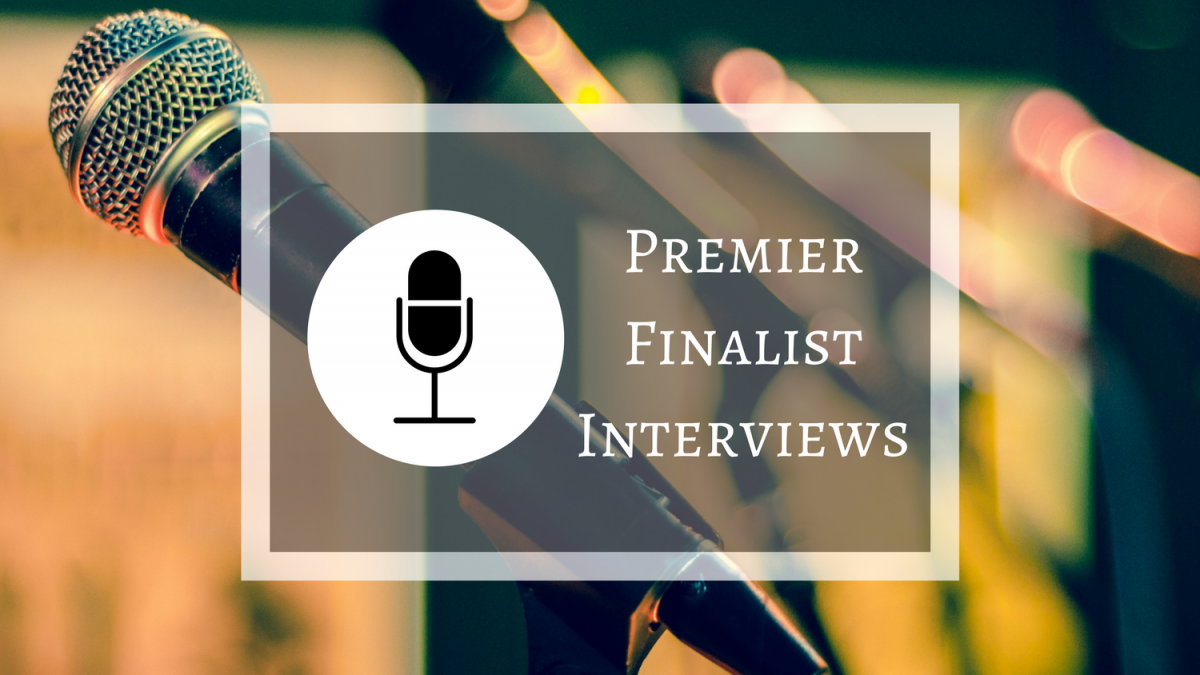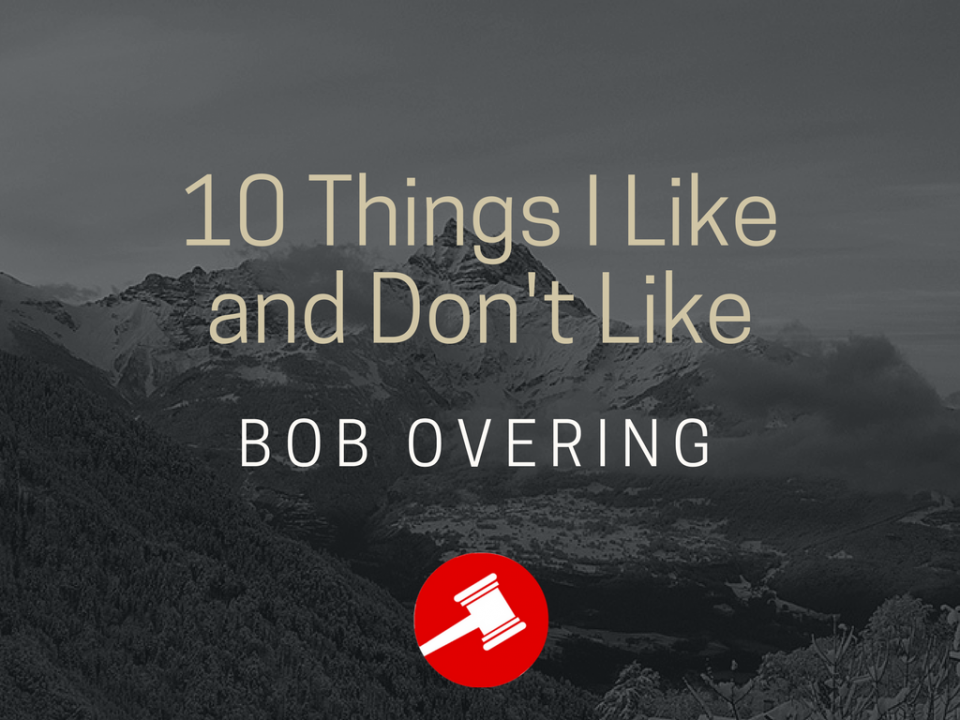2017 Yale Invitational Finalist Interviews

Finalist Interviews
David Min (American Heritage DM) and Lindsey Perlman (Byram Hills LP) both reached finals to co-champion the Yale Invitational! Premier Debate has exclusive interviews with both these debaters!
Lindsey Perlman (Byram Hills LP), Co-Champion
Question: You marched through Yale, dropping only three ballots on your way to finals. What positions did you read? And were there any responses that you didn’t expect? Were there any opponent positions that caught you off-guard?
Lindsey Perlman: Everything is on the wiki! And not really. For the most part, every argument I debated against was very predictable.
Q: Strategically, which side (Aff or Neg) do you think has it better on this topic? (Or is it fairly even?) And why?
LP: In terms of philosophy ground, the neg has a major advantage. Almost every post-modernist thinks that “compulsory” actions are bad or coercive, which makes the ~ topical ~ philosophy Affs much less exciting. If that’s not bad enough, many other philosophers also oppose war, which forces Affs to defend specific plans like service learning. If you really wanted to defend the whole resolution with a Phil Aff, you are pigeon-holed into a very small number of generic Affs like Hobbes or Ripstein which have less nuance to them.
Q: Yale is the first tournament of the season in the northeast. What sort of positions were common, and what positions can debaters in this region expect to see?
LP: Plan Affs were really common, especially with cyber security and service learning advocacies. Kant Affs were popular too.
Q: If you’re up for it, I think this would be a good opportunity to talk about gender in debate, as this weekend the majority of finalists weren’t male. If you don’t mind sharing, is there anything you do differently in a male-dominated activity to succeed at the highest levels, in spite of these disparities? And what can young debaters do who currently face similar problems?
LP: I make an effort to see the good in everybody. It makes me upset when debaters are extra hostile to their opponents solely on the basis of some feature about them that they don’t really have control over– whether it’s their gender, class, etc. For example, when I debate male opponents, I treat them the same as I would treat any other opponent– with respect. Although I recognize that when I debate a male opponent, he has privileges both in and out of the activity that I do not, I don’t translate that into hatred or hostility for all men in debate. I treat all fellow competitors just as I would want them to treat me. That very logic has helped me make some of my closest friends throughout the course of my career. My advice for female debaters feeling angry and lost would be to keep an open mind; you might be surprised with the great people that you find.
Q: Thank you for your answers! I guess lastly, do you have any funny moments at the tournament, or any shout-outs you’d like to make?
LP: Right as I got my pairing for my round with Devansh, Matt Chen messaged me something about his round at Greenhill. I responded by saying, “I’m debating Devansh— the one kid on the circuit that’s shorter than me!” and then Matt replied, “He’s 5’7.” Oops. As for shout-outs, shoutout to Zoe Ewing for helping me track down opponents before elims and for making me eat breakfast. I don’t know what I would have done without you!
David Min (American Heritage DM), Co-Champion
Question: Only dropping one ballot, what positions did you read and how did it feel? What do you attribute your success to, and how might others emulate it?
David Min: My primary aff position was a Kant framework with a Climate Conservation Corps plan. My negative strategy revolved heavily around the Mutual Tolerance NC, the Good Samaritan’s Paradox, and the Rodl NC. I was able to get away with mostly just reading tricks, framework, and theory arguments throughout the entire tournament because of judge pool. It felt really great to do well at Yale, especially after missing TOC and taking the summer off from debate. I believe that a lot of my success in debate is related to perceptual dominance and strategy. I think that being able to craft strategies that frustrate or overwhelm your opponents is a surefire way to pick up more ballots.
Q: Strategically, which side (aff or neg) do you think has it better on this topic? (Or is it fairly even?) And why?
DM: I’m not too sure which side has the advantage. I think for framework and theory-heavy northeast tournaments, negating might be slightly easier. There are a ton of NIBs and good ethical theories that negate on this topic. The T ground is also really, really good for the neg.
Q: Yale is the first tournament of the season in the northeast. What sort of positions were common, and what positions can debaters in this region expect to see?
DM: Cases at Yale were pretty diverse; I think debaters should be ready to argue against anything. People were reading Deleuze, Hobbes, Militarism, Cybersecurity, Kant, and Non-T affs.
Q: This weekend, three finalists were women, so I took the opportunity to address gender in debate in this weekend’s interviews. Do you have any thoughts on the gender disparities in the activity?
DM: I don’t have anything that interesting to say…I think that it’s amazing for the community that the other three finalists this weekend were all women. As members of this activity, we’re certainly making progress when the top debaters in the country are women, and girls consistently win and perform at national level tournaments. We should all continue to support groups like Girls Debate that strive towards creating an inclusive and diverse community.
Q: On a similar note, are there any issues or trends in the activity that you would like to be discussed to a greater degree?
DM: I think debate is the most intellectually rewarding activity available for high schoolers, but something that gets overlooked is the prevalence of unhealthy habits, stress, and mental health disorders. It’s easy to fall in love with debate, but just as easy to become nastily obsessive. I know I’m not the only one who has consistently sacrificed sleep and health to do debate work late at night. We’re always trying to balance school with debate, and even sacrifice happiness and our social lives for the activity. People go 3-3 or even clear at high-caliber tournaments against some of the most talented kids in the nation and still see themselves as failures; that isn’t okay. Winning debate rounds is not everything. I think it’s a lot more important to be happy and healthy.
Q: Thanks for sharing. Hopefully we can better address these issues as a community. I suppose lastly, do you have any shout-outs or things you’d like to say before we close?
DM: A couple of shout-outs: Shout-out to Heritage LD. Justin and I were nobodies on the circuit when I started debate freshman year, and it makes me so happy to see you all succeed. We built up a program and have finally made a name out of Heritage. Breaking all 5 of our entries this weekend at a quarters bid really makes me proud. We’ve come a long way, boys. Welcome, Mr. Orlowski to the squad. Shout-out to Sam Azbel for letting me use your laptop, showing me that handshake, and being a sick coach. This man just closed out Yale ESSSKETIT!! Shout-out to Neal Kapoor and David Branse for being my #1 fans. Shout-out to Yale for throwing a great tournament!
Thanks to Lindsey and David for sharing their perspectives! And if you haven’t filled out our survey (found here), it’ll be closing very soon, so make sure you’re entered into the raffle!

